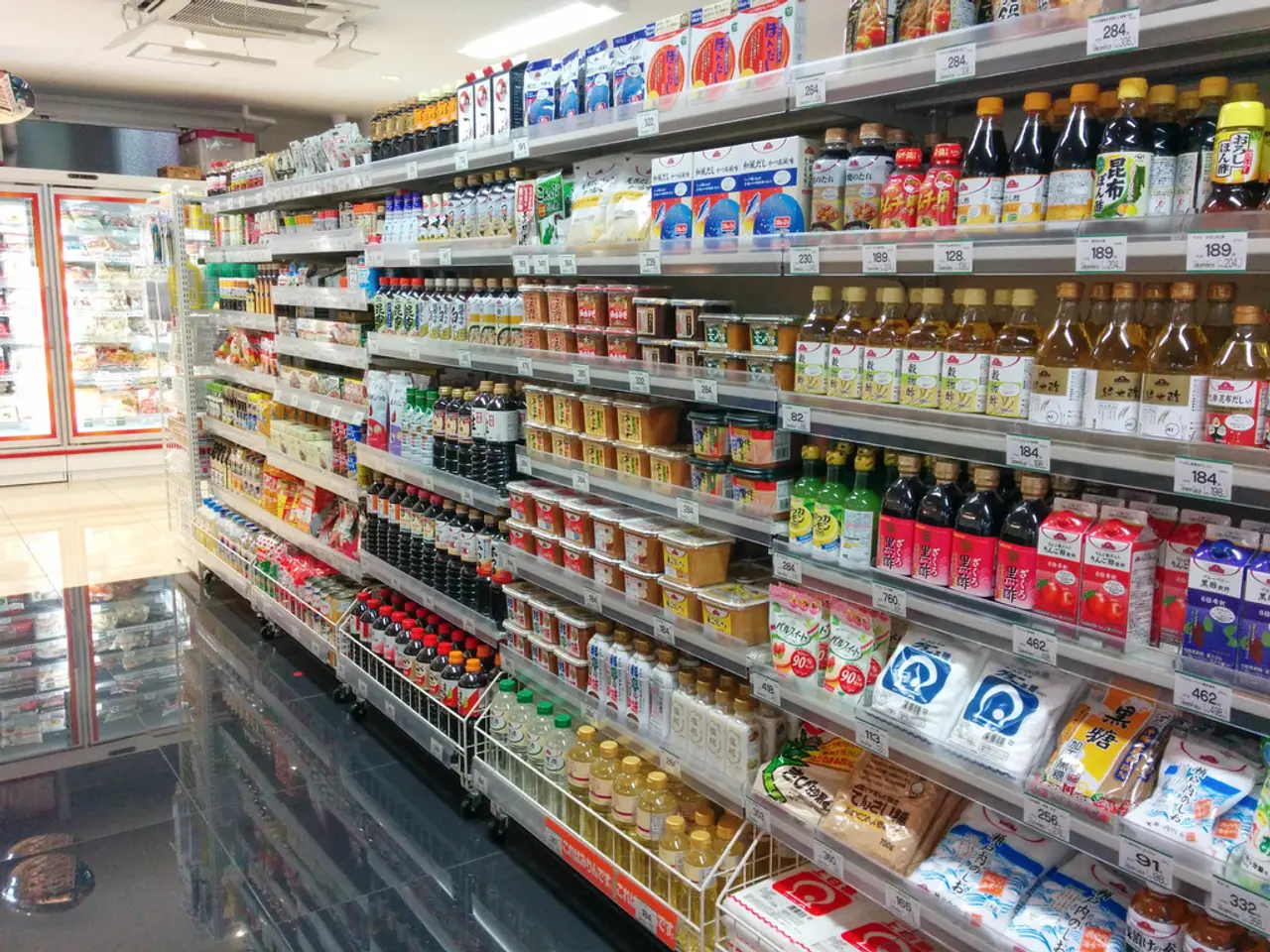Booming Hemp Seed Market projecting 10.5% annual growth rate till 2034
Booming Global Hemp Seeds Market: A Sustainable and Profitable Future
The global hemp seeds market is set for significant growth over the next decade, driven by the rising demand for hemp-derived products and favorable legal trends. According to projections, the market could reach USD 2.8 billion by 2034, growing at a CAGR of 10.5% from 2025 to 2034.
Urbanization, a growing health-conscious middle class, and increased e-commerce penetration have boosted the accessibility and popularity of hemp-based products in the Asia-Pacific (APAC) region. In 2024, the APAC region held a 46.3% share in the global hemp seeds market, valued at approximately USD 0.4 billion.
The market's rise supports sustainable agriculture and promotes eco-friendly products like hemp-based foods and cosmetics. The Food and Beverage Sector holds a leading 36.9% share in the global hemp seeds market, with the demand for plant-based and functional foods, driven by hemp seeds' rich protein and omega fatty acid content, on the rise in the APAC region.
Supermarkets & Hypermarkets continue to hold a dominant market position, capturing more than 41.3% of the global hemp seeds market. However, businesses in the hemp seeds market should focus on innovation, sustainable farming, strategic partnerships, and consumer education campaigns to stay competitive.
Innovation in the hemp seeds market is evident, with companies like Colorado Hemp Works (US) focusing on high-CBD and CBG strains, and Ecofibre, an Australian-based company, exploring applications in plant-based meats and dairy alternatives. Canah International, a Spanish leader in hemp seeds, has launched new feminized and auto-flowering seed varieties optimized for high yield and resilience.
Meanwhile, Dun Agro is pioneering industrial hemp seed varieties for fiber and grain production, with a focus on high-yield, low-THC seeds compliant with EU regulations. BAFA neu GmbH, a German hemp specialist, has expanded its hemp seed offerings, focusing on high-CBD and organic varieties.
China is a leading global producer and exporter of hemp seeds and derivatives, accounting for over 70% of global industrial hemp cultivation. However, conventional hemp seeds continue to dominate the market, with a share exceeding 82.4% in 2024.
The broader global industrial hemp market, encompassing fiber, seeds, oils, and other hemp-derived materials used in textiles, construction, personal care, and bio-composites, is forecasted to grow from about $6.26 billion in 2024 to $28.26 billion by 2035. This growth highlights the increasing industrial adoption of hemp and its seeds across multiple sectors.
The key factors fueling the projected growth include legal reforms enabling hemp cultivation, increasing consumer demand for plant-based nutritious foods, rising adoption of sustainable materials, and technological innovations in processing hemp seeds for diversified uses.
In summary, the global hemp seeds market, aligned with the broader industrial hemp sector, is expected to grow robustly through 2034, with a CAGR likely between 8.7% and 16.3%, supported by expanding food, industrial, and personal care applications, and segmented by product form and end use across major geographic markets. The future remains bright for the hemp seeds market, with analysts predicting robust expansion.
The rise in the hemp seeds market creates opportunities for businesses in various sectors, such as finance, as investors seek to profit from this growing industry. Health-conscious lifestyles are driving the demand for hemp-based food-and-drink products, with the Food and Beverage Sector holding a leading market share.
With innovations in seed varieties, such as high-CBD and CBG strains, and applications in food, personal care, and bio-composites, the hemp seeds industry is poised to have a significant impact on multiple lifestyle and business aspects.




